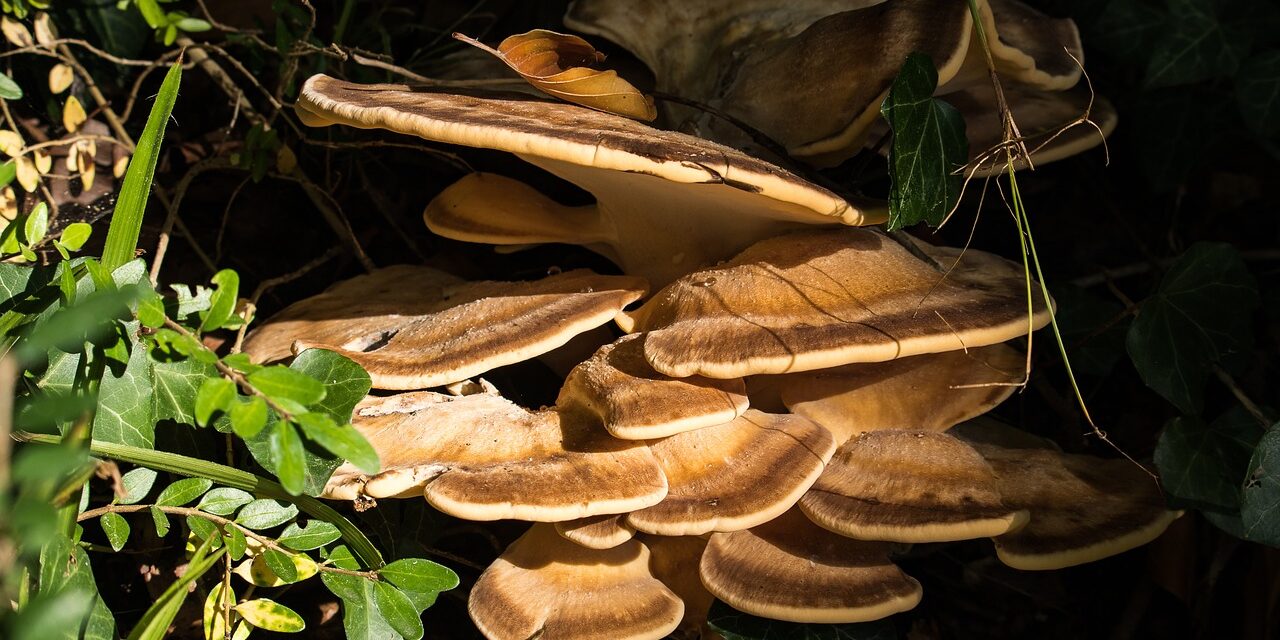In recent years, the search for alternative and complementary therapies to combat cancer has gained significant momentum. Among the natural remedies being explored, edible mushrooms have emerged as a fascinating subject of study. These humble fungi, once primarily enjoyed for their culinary appeal, are now being investigated for their potential role in preventing and treating cancer. In this article, we will delve into the nutritional and medicinal properties of edible mushrooms and examine the scientific evidence supporting their cancer-fighting potential.
The Myriad Health Benefits of Edible Mushrooms
Edible mushrooms offer a wealth of health benefits. They are rich in antioxidants, vitamins, minerals, and dietary fiber, making them a valuable addition to any diet. Furthermore, mushrooms possess immune-boosting properties and exhibit anti-inflammatory effects, which can contribute to overall well-being.
One of the most intriguing aspects of edible mushrooms is their potential role in cancer prevention and treatment. Several compounds found in mushrooms have demonstrated anti-cancer properties, including polysaccharides like beta-glucans and lentinan, terpenoids, ergosterol, and lectins. The synergy of these compounds is believed to be key to their effectiveness against cancer cells.
Scientific Evidence Supporting Mushroom’s Role in Cancer
The evidence supporting the anti-cancer properties of mushrooms is compelling. Laboratory studies, including in vitro experiments and animal trials, have shown that mushroom extracts can inhibit the growth of cancer cells and stimulate the immune system’s response to cancer. Moreover, human clinical trials have provided promising results, demonstrating improvements in immune function, tumor growth inhibition, and enhanced quality of life for cancer patients who incorporate mushrooms into their diets.
Check out this incredible study published in 2020 by the journal Biomedicines: https://www.mdpi.com/2227-9059/8/5/135
The conclusion of the study linked above is summarized as follows: certain mushrooms contain special compounds called polysaccharides that can affect cancer cells directly and boost the immune system. They can inhibit cancer cell growth, cause cancer cell death, and even stop cancer cells from multiplying. What’s interesting is that these compounds seem to work when taken by mouth, even though digestion usually breaks down large molecules like carbohydrates. Additionally, these mushrooms can stimulate the immune system, making it better at fighting cancer. They activate different immune cells and increase the production of substances like cytokines, which play a role in cancer cell destruction. The way these compounds interact with specific receptors and pathways in the body is still an area of active research. Overall, these findings suggest that these mushroom compounds could have potential in cancer therapy, both as standalone treatments and in combination with other therapies.
Popular Edible Mushrooms and Their Cancer-Fighting Potential
Several edible mushrooms stand out for their cancer-fighting potential. Those include:
- shiitake mushrooms
- maitake mushrooms
- reishi mushrooms,
- turkey tail mushrooms
- chaga mushrooms
All these mushrooms have all been studied for their ability to combat cancer through various mechanisms. While their individual effects may vary, each of these mushrooms offers unique compounds that contribute to their anti-cancer properties.
Turkey tail mushrooms in particular seem to be one of the most popular options to help specifically against cancer. These mushrooms are rich in polysaccharides like beta-glucans, which have shown potent immune-boosting properties. Research suggests that turkey tail mushrooms can enhance the body’s immune response, potentially aiding in the recognition and elimination of cancer cells. Additionally, they contain antioxidant compounds that help reduce oxidative stress, a factor associated with cancer development. While more clinical studies are needed to establish their precise role, turkey tail mushrooms hold promise as a valuable addition to a holistic approach to cancer prevention and treatment.
Integrating Edible Mushrooms into a Cancer-Fighting Diet
Incorporating edible mushrooms into your daily diet is a practical way to harness their potential cancer-fighting benefits. Whether you choose to add them to soups, salads, or stir-fries, there are numerous ways to enjoy these fungi. You can also simplify the process by taking mushrooms in the form of a supplement, tea, or tincture. This is an excellent way to ensure you’re getting enough mushrooms in your diet to experience their benefits.
Complementary Use with Conventional Cancer Therapies
Edible mushrooms can complement conventional cancer therapies. They may enhance the effectiveness of chemotherapy, help manage side effects of radiation therapy, and improve overall well-being during cancer treatment. It’s crucial, however, to consult with healthcare professionals before incorporating mushrooms into a cancer treatment plan, as individual responses may vary.
The Future of Edible Mushrooms in Cancer Care
The future looks promising for edible mushrooms in cancer care. Ongoing research holds the potential for breakthroughs in our understanding of these fungi’s mechanisms of action against cancer. Increasing public awareness and acceptance of mushrooms as a part of a holistic approach to health and wellness will be essential. Collaborative efforts between the medical and culinary communities can further advance our knowledge and application of these natural gifts in the battle against cancer.
Conclusion
Edible mushrooms have stepped out of the kitchen and into the realm of cancer research and treatment. Their nutritional value, immune-boosting properties, and demonstrated anti-cancer effects make them a fascinating subject of study. While further research is needed to fully unlock their potential, edible mushrooms offer hope and promise as a complementary approach in the fight against cancer. As we continue to explore nature’s gifts, let us remember to approach cancer treatment and prevention with a balanced and holistic perspective, harnessing the power of both modern medicine and the wonders of the natural world.






